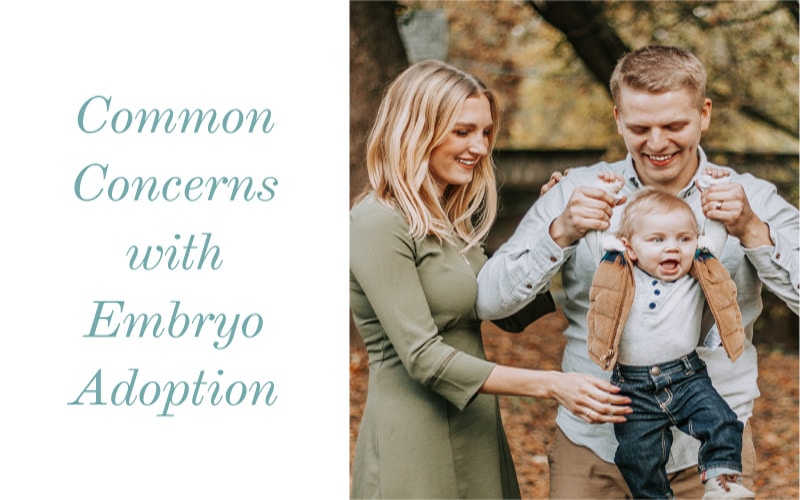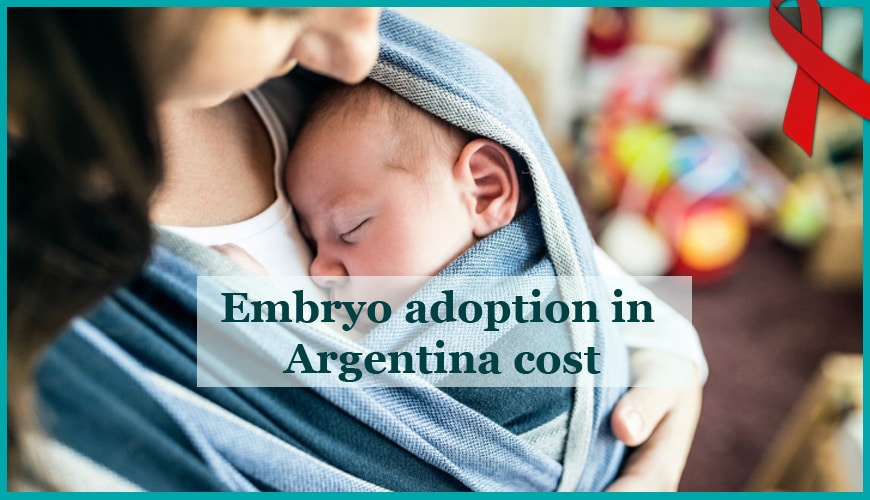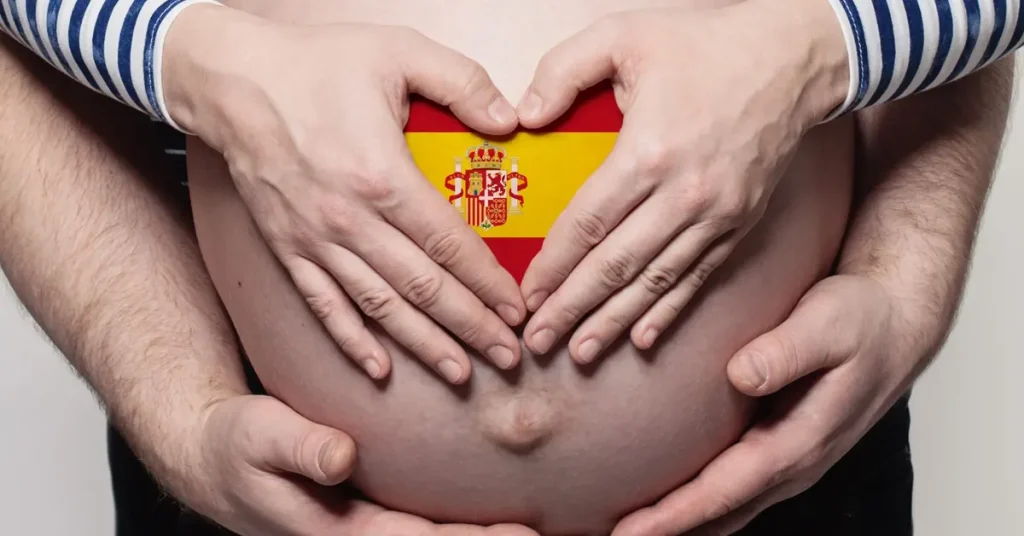For years, adoption has been an alternative for a couple or an individual to grow their families (in case they cannot conceive naturally). That said, given the recent innovations in medical technology, embryo adoption in Argentina, a new form of adoption has opened new doors for all such intended parents. In the following sections of this blog, we will learn more about this new technique in the assisted reproductive world.
What is Embryo Adoption?
In layman’s language, embryo adoption can be defined as a procedure where the intended mother carries her biologically unrelated baby in her womb. Moreover, the same mother would deliver the child via normal pregnancy and labour.
Embryo adoption in Argentina is different from normal adoption in a lot of ways. Firstly, in adoption, intended parents adopt a kid while fulfilling the given requirements. On the other hand, they would adopt a frozen embryo and let it get implanted into the womb of the intended mother during the embryo adoption process.

How does embryo adoption in Argentina works?
In Argentina, there are no regulations on surrogacy in Argentina or embryo adoption. So, the process works just like in any other country where it is permissible. Moreover, a standard embryo adoption program in Argentina will go as follows:
Embryo donation: Donating healthy embryos to a couple or individual who is having difficulty starting a family on their own is the first step in the embryo adoption process. Parents who have undergone in vitro fertilization (IVF) to complete their families and have extra, frozen embryos will come as the embryo donors here.
Moreover, the embryos could be stored, discarded, given to a person or couple who wants to adopt embryos, donated for scientific research, or adopted themselves. Besides, if an individual decides to donate an embryo, a fertility centre or embryo adoption agency will then match them with prospective parents, or the donor may pursue a private adoption with parents they have already chosen.
Additionally, embryo donors have the choice to donate their embryos anonymously, which entails that they do not meet the adoptive family with whom they have been matched or exchange personal information with them.
Selecting an agency: Adoptive parents will first submit an application to the embryo adoption agency. These organizations support embryo adoption by organizing the matching, counselling, legal, and medical services and mediating contact between the families who are donating and adopting the embryos.
Moreover, a lot of aspects like cost, procedure and eligibility would be impacted by the agency you have chosen to work with. Besides, adoptive families should conduct thorough research before deciding on the embryo adoption service that best suits their requirements.
Self-assessment – Just as with any other adoption, adopting parents must complete an adoptive self-assessment, which confirms whether or not their family is prepared to raise an adopted child and aids in spreading awareness about adoption in society.
Matching: When a prospective parent is prepared to start the adoption process, they will be asked for some crucial information and the kinds of donated families in which they are most interested. Similarly, donors will divulge details about themselves, such as their medical background and the kinds of adoptive families they hope to place their embryos with.
Moreover, parents may choose the kinds of families they’d like to be matched with based on factors like age, race, income, religion, already having children, and desire for future contact. Besides, families will receive profiles from compatible donor/adopting families from which they can select once their criteria are matched. On the other hand, the process will be carried out jointly if the families choose one another and approve of the matching.
Preparing legal contracts– Following this, the intended and donating parents will sign legal agreements transferring custody of the embryos. The contracts will give adoptive parents total control over the pregnancy and parental rights after the child is born, while the donating parents will relinquish all of their rights before the embryo transfer.
Embryo transfer: Following the execution of contracts, the following medical treatments may start. Besides, in order to get the intended mother prepared for the frozen embryo transfer (FET), which is a process very similar to IVF process, she will probably undergo fertility treatments.

Hopefully, a pregnancy will be confirmed after the embryo transfer process, at which point the adoptive mother will start getting prenatal care just like she would for any other pregnancy. Normally, it takes at least a year to complete the entire embryo adoption process.
However, the precise amount of time depends on a number of variables, such as the adoption agency the family decides to work with, the criteria they set for the donor parents, the quality of embryos they need, and so on. Moreover, in order to find out more about the anticipated wait times for their particular situation, intended parents seeking embryo adoption in Argentina should get in touch with various embryo adoption agencies and fertility clinics.
On the other hand, the adoption of embryos does not end with placement or childbirth, just like the adoption of infants. For adopted children and their parents, adoption is a lifelong process that offers special advantages and difficulties long after their family has been established.
How much does Embryo adoption in Argentina costs?
Parents who are eager to expand their families via embryo adoption have a lot of options at their disposal. Still, the cost has always come as a key factor for these parents when deciding on their path to parenthood. That said, the cost of embryo adoption varies significantly depending on the circumstances unique to the adoptive family and the placement centre they use. Also, the typical expense of adopting an embryo is between $10,000 and $15,000 and this takes care of all adoption-related expenses, such as:
- Agency costs
- legal costs
- embryo delivery
- matching services
- medical examination
- Counselling
- Home study costs
- frozen embryo transfer
As the cost related to the accommodation and travel for birth parents, embryo adoption generally costs less than domestic infant adoption and international adoption. However, if multiple cycles are required, the cost may rise quickly. Hence, you must contact the embryo adoption organizations you are thinking of working with to discuss your unique requirements and circumstances in order to receive a more precise estimate.
Final words
Embryo adoption is an amazing opportunity for certainly intended parents to experience the joy of pregnancy and labour. However, selecting the right agency holds the key to the success of your parenthood journey.



